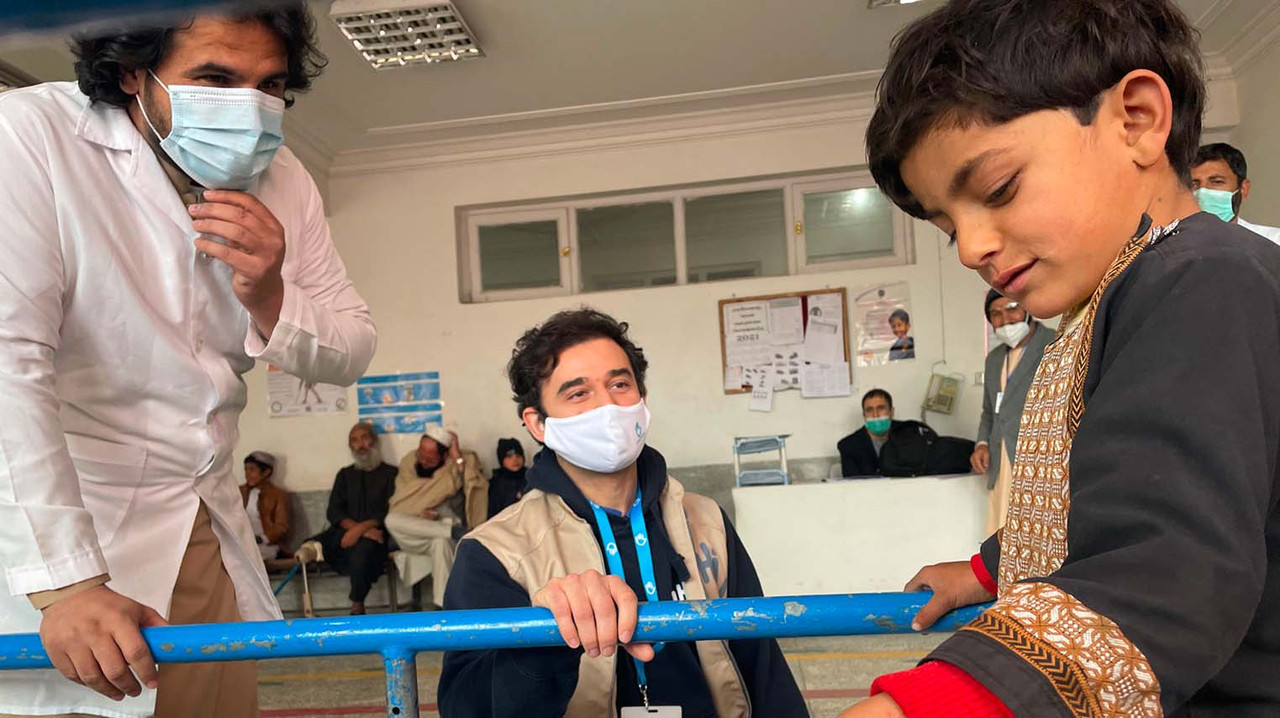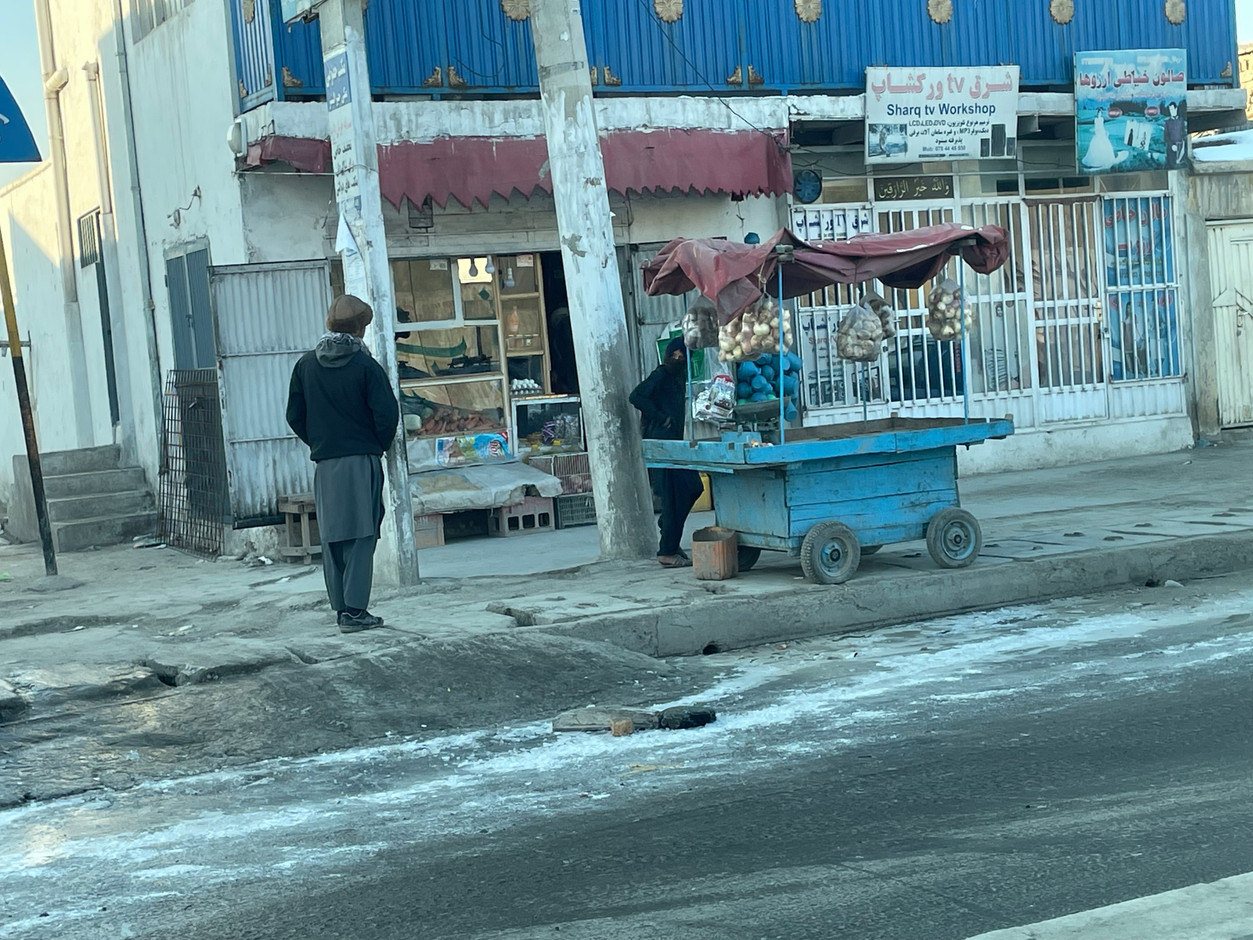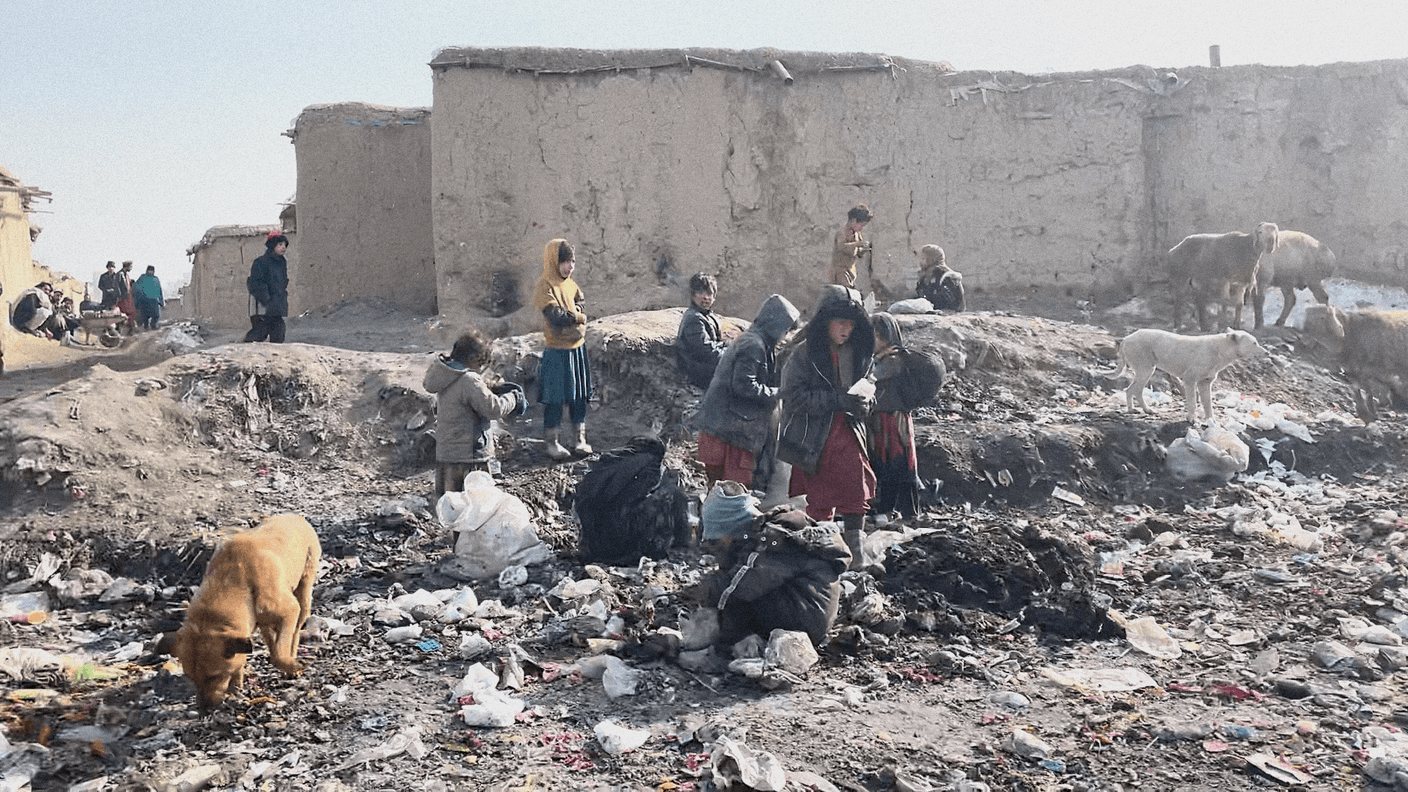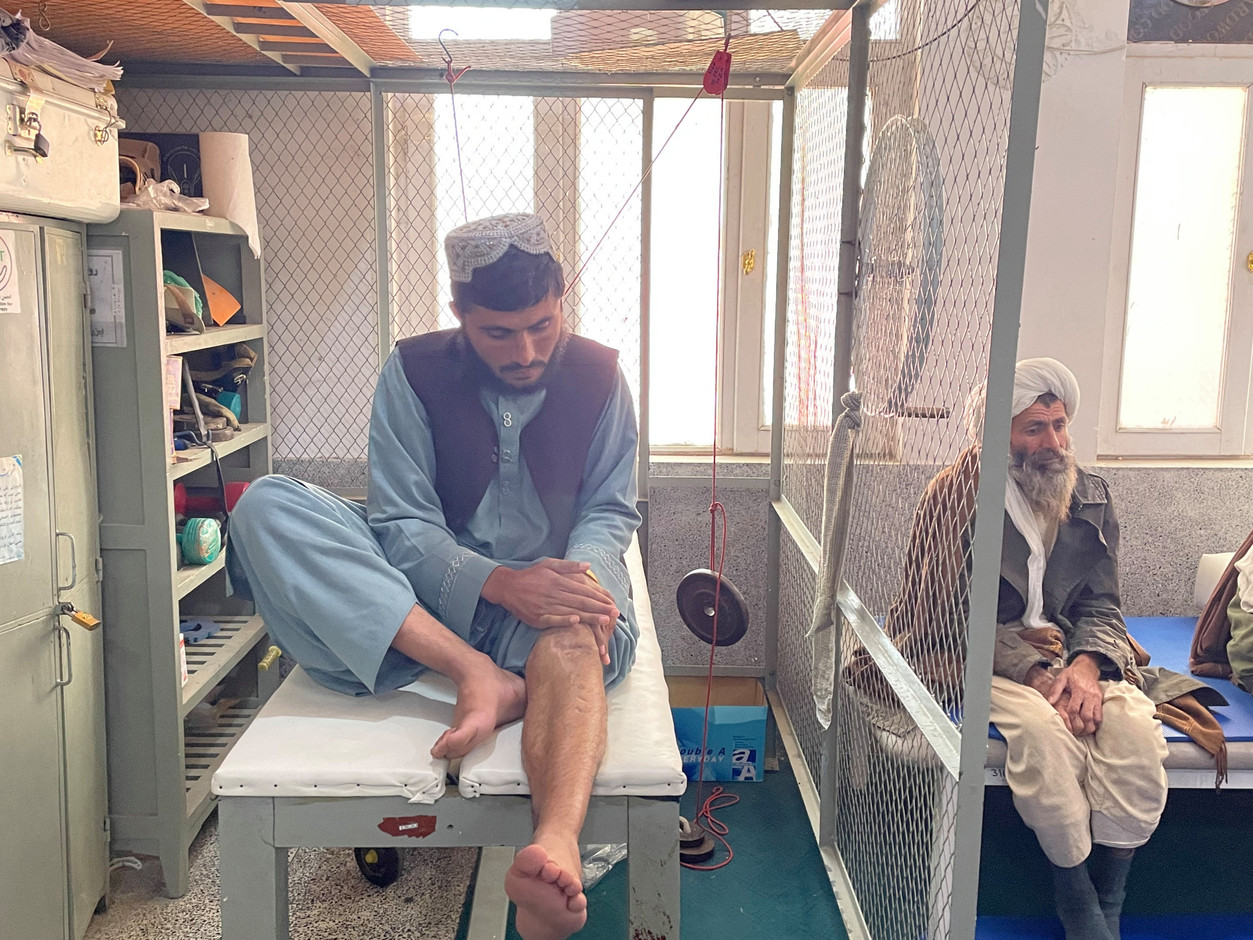Six months after the departure of American troops and the return to power of the Taliban regime Afghanistan is facing a critical humanitarian situation, Handicap International has warned. The NGO, which brings together national associations based in Belgium, Canada, France, Germany, Luxembourg, Switzerland, the United Kingdom and the United States, provided rehabilitation care to more than 17,000 people in Afghanistan in 2020. Its director general in Luxembourg, Mehdi Magha, has just returned from a field visit and has called for a revival of international aid.
Why did you go to Afghanistan at the end of January?
Mehdi Magha: To identify the needs on the ground and to see to what extent Luxembourg can help by launching funding requests. Handicap International has been present in Afghanistan since 1987, but we need to renew our funding on a permanent basis.
What is the main change in Afghanistan since the departure of American troops on 30 August 2021?
There is no more conflict and this is a big change for Afghanistan, as it has been at war for 40 years. The locals are relieved, there is no more shooting and bombing. But we are experiencing a large influx of patients, because with the absence of conflict, the roads are clear and they can access the rehabilitation centres a little more easily.
Handicap International sees a lot of war victims arriving after the bombings.
What does the end of the bombing mean?
After 40 years of armed conflict, the ground is polluted. Bombs were dropped, but not all of them exploded on impact and are now hidden in debris. Life is resuming so farmers can plough, children can play outside: there is a risk that the devices will explode and Handicap International is seeing many victims arrive after being injured by bombs.
Handicap International estimates that 24.4 million people (55% of the Afghan population) need humanitarian aid. What kind of aid?
Afghanistan has been hit by a very violent economic crisis: international sanctions mean that people can no longer pay their rent or buy food. International aid was 80% of Afghanistan's GDP and its disappearance is plunging the country into violent insecurity. This economic crisis is compounded by a succession of droughts that have affected the quantities produced, particularly in rural areas. This crisis is creating a food crisis. In the street, we see children rummaging through piles of rubbish to try to find food or something to sell in order to support themselves.
What is being done about it?
With regard to poverty, Handicap International will launch a cash distribution in March. This will consist of $200 per vulnerable family, distributed between four and six times over a six-month period. The aim is to help them with food and heating. According to our estimates, 500,000 people are sleeping in the street at -16°C, which is catastrophic.”
The humanitarian situation is deteriorating, but before the departure of the American troops and the takeover by the Taliban, how was it evolving?
It's difficult to say, but what is certain is that over the last three years we have seen an increase in the number of patients at the rehabilitation centre in Kandahar, in the south of the country. In the whole country, we have gone up to 160,000 patients admitted per year, all services combined. These numbers are growing: last year in Kandahar we approached 10,000 patients, and this year the number will be even higher due to the influx.
Do you plan to return to Afghanistan soon?
Most likely, to see what the situation is like in a few months. We are preparing a funding request and will make arrangements with the ministry of foreign affairs and the Swiss agency for development and humanitarian aid to see to what extent we can get support from them to operate in Afghanistan. We have almost doubled our investments in our operations in Afghanistan: they have reached almost €7m per year from Handicap International as a whole [from eight countries in total].
Have you already contacted the ministry of foreign affairs?
We are always in contact with the development cooperation, because it finances a number of countries in which Handicap International is present. We have a meeting at the beginning of March for a debrief of the situation in Afghanistan. Afterwards, proposals will be made for projects. Luxembourg redistributes 1% of its GDP to humanitarian aid, it is a small country which allows for flexibility and co-financing measures.
The rate of suicide attempts is at record levels.
Handicap International estimates that 80% of the 40 million Afghans live with some form of disability. Is this country your main field of action today?
No, but it is one of the priority areas, along with Yemen and Syria. Please note that we are talking about different forms of disability. Some disabilities are not visible, such as deafness and the psychological trauma of war. The rate of suicide attempts, for example, is at record levels.
What is your enduring memory of your stay in Afghanistan?
We must not close our eyes, because now is the time to change the course of events. Afghanistan has reached a stage where it has to rebuild itself. For the first time, there is no conflict for 40 years, so this is the right time to start international aid to help the country recover. I have rarely seen such precariousness in my life.
This story was first published in French on . It has been translated and edited for Delano.








